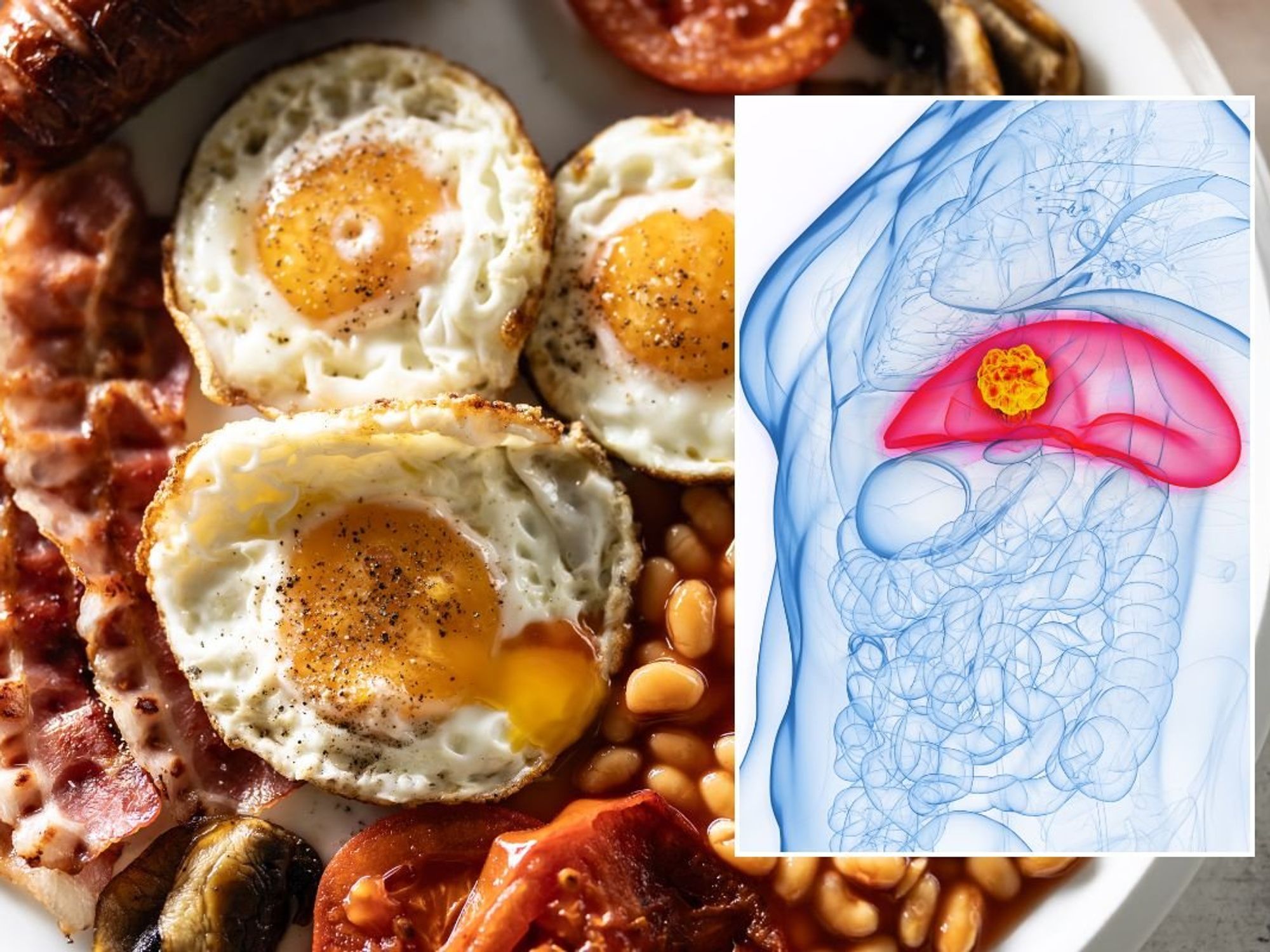Widely used sweetener in soft drinks and snack bars may heighten stroke risk, study warns
Erythritol is a key ingredient in an array of diet and low-calorie foods
Don't Miss
Most Read
A popular sugar substitute found in low-carb and sugar-free products may damage blood vessel cells in the brain and increase stroke risk, according to new research from the University of Colorado Boulder.
The study, published in the Journal of Applied Physiology, found that erythritol, a sweetener widely used in everything from keto protein bars to sugar-free fizzy drinks, can harm blood vessel cells even in serving-size amounts.
The sweetener promotes blood vessel constriction, clotting, and inflammation, challenging its reputation as a safe alternative for managing weight, blood sugar, or carbohydrate intake, new findings suggest.
Scientists treated human brain blood vessel cells with approximately the same amount of erythritol found in a typical sugar-free beverage for three hours.

Scientists discovered the sweetener promotes blood clotting and inflammation
|GETTY
"Our study adds to the evidence suggesting that non-nutritive sweeteners that have generally been purported to be safe may not come without negative health consequences," said senior author Christopher DeSouza, professor of integrative physiology and director of the Integrative Vascular Biology Lab.
The research builds on earlier findings from a study of 4,000 people in the US and Europe, which showed that men and women with higher circulating levels of erythritol were significantly more likely to have a heart attack or stroke within three years.
The treated cells showed multiple concerning changes, producing significantly less nitric oxide, a molecule that relaxes and widens blood vessels, whilst increasing endothelin-1, a protein that constricts them.
When exposed to thrombin, a clot-forming compound, the cells' production of t-PA, a natural clot-busting substance, was "markedly blunted".
LATEST DEVELOPMENTS
The erythritol-treated cells also generated more reactive oxygen species, commonly known as free radicals, which can damage cells and inflame tissue.
"Big picture, if your vessels are more constricted and your ability to break down blood clots is lowered, your risk of stroke goes up," graduate student and first author of the study Auburn Berry explained.
Erythritol, first approved by the US Food and Drug Administration in 2001, is a sugar alcohol often produced by fermenting corn and found in hundreds of products.
It contains almost no calories, is about 80 per cent as sweet as table sugar, and has negligible impact on insulin levels.

The study only used a single-serve portion of the sweetener
|GETTY
DeSouza noted their study used only a serving-size worth of the sweetener, suggesting the impact could be worse for those consuming multiple servings daily.
"Given the epidemiological study that inspired our work, and now our cellular findings, we believe it would be prudent for people to monitor their consumption of non-nutrient-sweeteners such as this one," he said.
The authors cautioned that larger studies in people are needed, while encouraging consumers to check labels for erythritol or "sugar alcohol".











